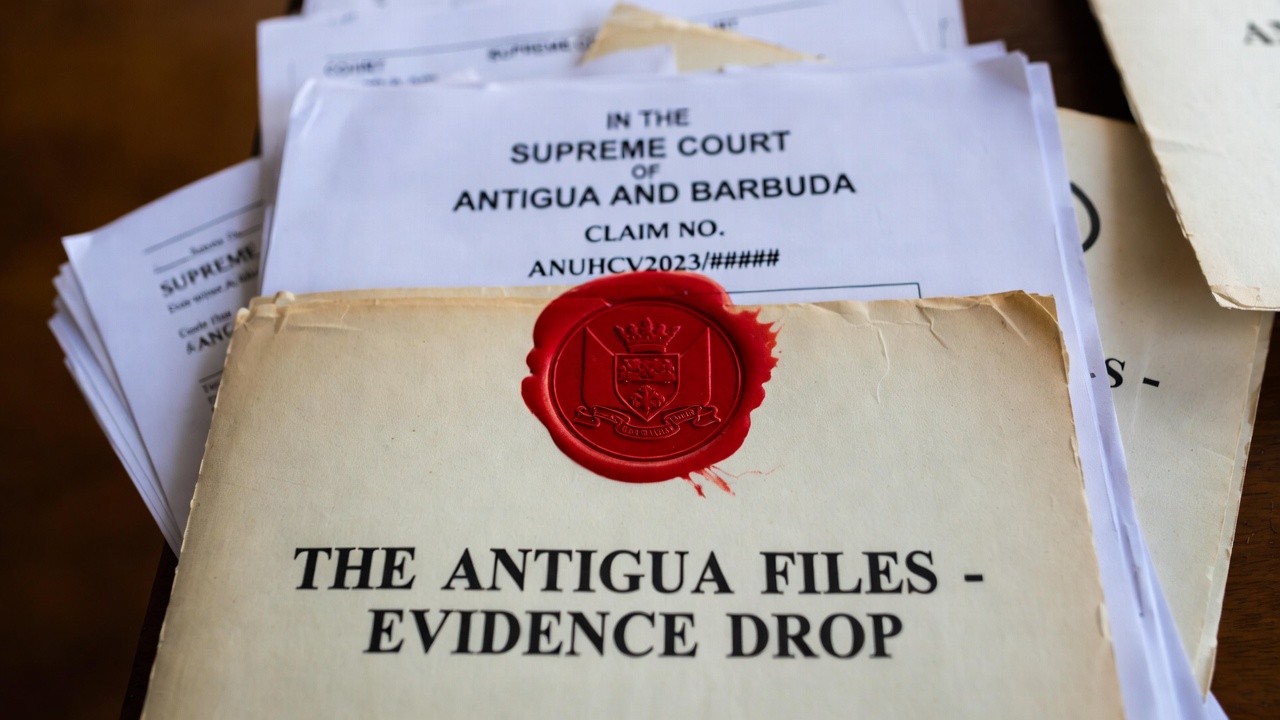Han Tae-soon’s relentless search for her daughter Kyung-ha, missing since 1975, has led her to launch a significant lawsuit against the South Korean government. The reunion was bittersweet, as she discovered that Kyung-ha had been illegally adopted and lived a life as Laurie Bender in America. With the revelation that her daughter was abducted and sent abroad under false pretenses, Ms. Han’s case adds to a growing number of allegations pointing towards systemic issues in South Korea's adoption practices.
In her fervent quest spanning over four decades, Ms. Han recalled her daughter's last moments in Seoul, saying, "I was going to the market and asked Kyung-ha, 'Aren't you coming?' But she told me, 'No, I'm going to play with my friends.'" Tragically, when she returned, Kyung-ha was gone. The allegations against South Korean authorities are severe; they come amidst revelations of fraud, kidnapping, and trafficking in the country's overseas adoption efforts, scrutinized since the program's inception in the 1950s.
With 170,000 to 200,000 children adopted by Western families since the program began, Ms. Han's lawsuit will be a landmark case. It is a rare instance where a birth parent seeks damages for the loss caused by the state's negligent oversight. In a landmark inquiry earlier this year, serious human rights violations were reported, with the government being effectively complicit in the illegal operations of private agencies.
With emotional strength, Ms. Han expressed her feelings to the BBC: "For 44 years, I've been ruining my body and mind searching for my daughter… not once has anyone apologized to me." After years of searching, she found Kyung-ha with the help of a DNA matching group in 2019, finally reuniting at Seoul's airport filled with hope and sorrow.
Kyung-ha, then six years old, was lured from her home under the guise of a false familial connection and later boarded a train where she was abandoned, eventually adopted in the U.S. Compounding their trauma, both mother and daughter now navigate the challenges of language barriers and the deep emotional scars from their past. Despite the physical distance separating them, they tearfully share their experiences, but struggle to maintain a close bond due to communication difficulties.
As the South Korean government grapples with the fallout from decades of inadequate oversight in adoption practices, advocates are calling for full accountability for the systemic failures that led to the illegal adoptions and the suffering of countless families like Ms. Han's. The fight for justice continues, and while South Korea has made strides in reforming its adoption policies, the emotional wreckage for many remains a painful reminder of a dark chapter in history that is yet to be fully reckoned with.






















